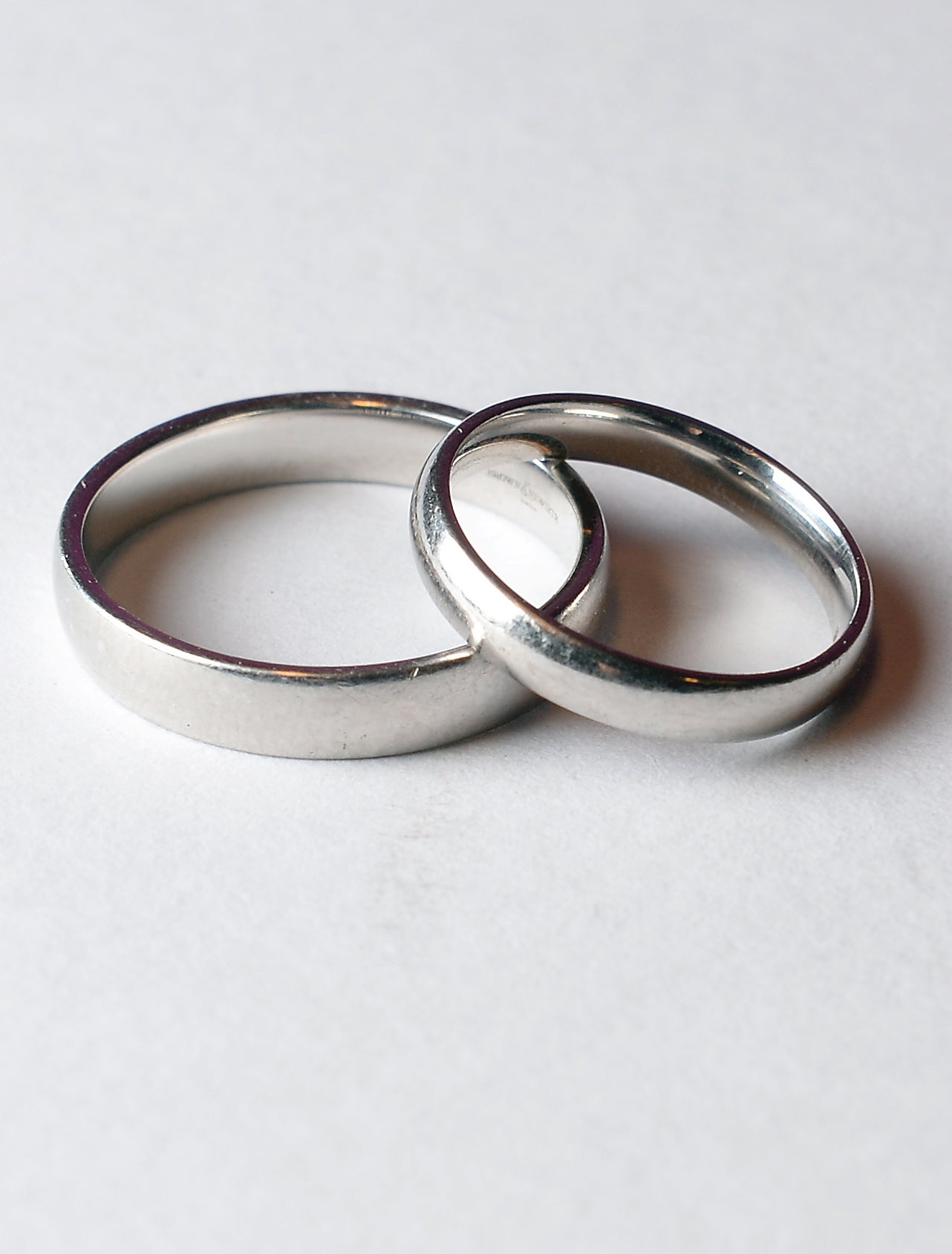One in six divorcees ‘did not realise pension could be affected by splitting’
It is critical that, as part of the separation process, couples take time to think about and discuss their pensions, Aviva said.

Your support helps us to tell the story
From reproductive rights to climate change to Big Tech, The Independent is on the ground when the story is developing. Whether it's investigating the financials of Elon Musk's pro-Trump PAC or producing our latest documentary, 'The A Word', which shines a light on the American women fighting for reproductive rights, we know how important it is to parse out the facts from the messaging.
At such a critical moment in US history, we need reporters on the ground. Your donation allows us to keep sending journalists to speak to both sides of the story.
The Independent is trusted by Americans across the entire political spectrum. And unlike many other quality news outlets, we choose not to lock Americans out of our reporting and analysis with paywalls. We believe quality journalism should be available to everyone, paid for by those who can afford it.
Your support makes all the difference.One in six (15%) divorced people say they did not realise their pension could be affected by splitting up, a survey has found.
More than a third (34%) said they made no claim on their former partner’s pension, according to the survey of more than 1,000 people who have been through a divorce.
The research, carried out for Aviva, found one in 12 (8%) divorcees do not have their own pension savings – and had been relying on their partner to finance their retirement.
It’s critical that, as part of the separation process, couples take time to think about and discuss one of their single most valuable assets, their pension
As a result of divorce, nearly one in five (19%) say they will be, or are, significantly worse off in retirement.
“No fault” divorce rule changes came into force in England and Wales in April – meaning married couples can start proceedings without apportioning blame.
Aviva said it is important for couples who are splitting up to understand the impact that it will have on the family finances, including pensions.
It pointed to Office for National Statistics (ONS) figures showing 103,592 divorces were granted in England and Wales in 2020. Aviva suggested the total may increase in the coming years, following the no fault divorce rule changes.
The UK currently holds £15.2 trillion pounds in household wealth – and private pensions make up around £6.4 trillion or just over two-fifths (42%) of the total, it added.
Men are aged 47 on average when they divorce and women are typically aged 44 – ages at which the amount of pension wealth built up may be significant.
To supplement their income following a divorce, a third of divorcees (32%) said they dipped into their savings, one in five (20%) used credit cards for everyday living expenses and a similar number (18%) borrowed from friends or family.
More than one in seven (15%) regularly sold clothing, toys or other household items to make ends meet.
Some also went out to work, having not done so before their divorce, or got a second job and one in eight (12%) cut back or cancelled their pension contributions.
Alistair McQueen, head of savings and retirement at Aviva said: “The breakdown of a marriage is often referred to one of the most traumatic and stressful events anyone can go through.
“Divorce can also be a costly experience, often including legal fees, a new home, a new car and new childcare costs. So, it’s perhaps predictable that so many need to rely on savings or credit cards for support during this time.
“It’s critical that, as part of the separation process, couples take time to think about and discuss one of their single most valuable assets, their pension.
“It’s common that one party will have significant pension provision, and the other party may have little or none. Clearly, this could be a relevant factor in any divorce.”
He said there are several options when dealing with pensions at divorce and it can often be a very complex issue, adding: “As well as hiring a family lawyer, it would be advisable for couples to contact a financial adviser to walk them through the pension valuation and financial process.
“You mustn’t underestimate the value of pensions at this time.”